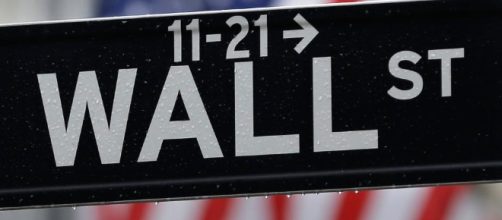President Donald Trump signed a pair of executive orders Friday that will enact changes to reforms of the financial industry put in place by his predecessor, President Barack Obama, following the 2007-08 financial crisis. Trump signed the order after a meeting Friday with various representatives of the finance industry, including JP Morgan Chase CEO Jamie Dimon.
President Trump moves to end Dodd-Frank and de-regulate finance
The first of the executive orders signed by the President was an order calling for the administration to review any potential changes to the Dodd-Frank bill within 120 days, and to produce a report on possible legislative changes.
Trump has criticized the Dodd-Frank legislation, saying he believes the act has harmed American enterprise in competing with firms from abroad and has slowed job creation in the United States.
The Dodd-Frank act, also known as the Dodd-Frank Wall Street Reform and Consumer Protection Act, was signed into law by then-President Obama in 2010. It made major changes to the American financial regulatory environment, including provisions that created oversight organizations that monitored systemic risk in American finance, expanded regulation regarding liquidation and receivership to non-bank financial companies and insurance companies, monitored all aspects of the insurance industry, and forced hedge fund managers and private equity managers to register as financial advisers.
Dodd-Frank has been subject to criticism for several years by many in the Republican party and the finance industry, stating that the regulations overburden industry and harm job creation. Others have criticized the act as not going far enough, as they believe it does not adequately protect consumers from harm.
The second of Trump's executive orders will end a rule in the US Department of Labor from President Obama that requires brokers to not act solely in the interest of profit, but for their client's benefit.
Trump deviates from campaign promises on finance
During the 2016 presidential campaign, Donald Trump came out as the Republican candidate most opposed to what he saw as misbehavior from Wall Street.
Trump often criticized Democratic nominee Hilary Clinton as being the candidate of Wall Street interests. However, with his recent executive actions, Trump appears to be ushering in an era of regulatory relief for the finance industry.

